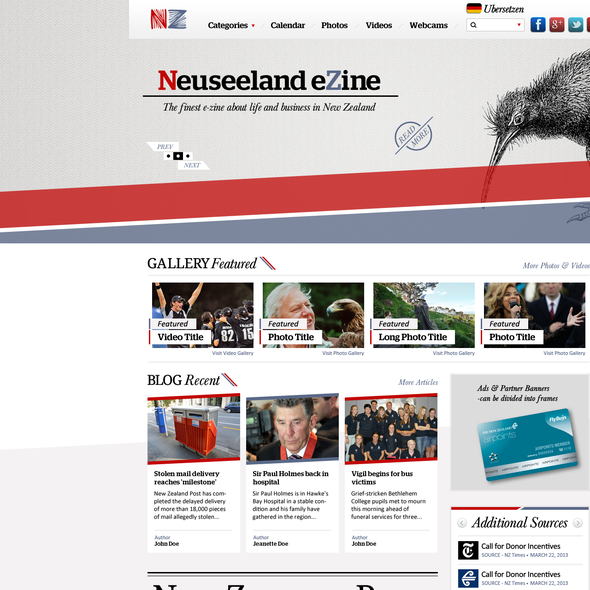Things about News Websites
Table of ContentsWhat Does News Websites Do?The 25-Second Trick For News WebsitesHow News Websites can Save You Time, Stress, and Money.Getting My News Websites To WorkThe Definitive Guide to News Websites
It was down in the UK and Brazil however up a few other countries, such as Greece, Bulgaria, and Poland (News Websites). This year, for the very first time, we asked concerning the various ways that people stay clear of the news and discovered that around half of avoiders (53%) were attempting to do so in a broad-brush or routine method for example, by switching off the radio when the news came on, or by scrolling past the information in social mediaYou claimed that you attempt to proactively prevent news.

I'm possibly selecting to learn more light-hearted tales than I used to currently. M, 51, UK Turning my back on news is the only means I feel I can cope sometimes. I need to consciously make the initiative to avert for the sake of my own psychological health and wellness.
What Does News Websites Mean?
Selective evasion of Ukraine news was highest possible in many of the countries closest to the dispute, reinforcing findings from our added survey in 2015, right after the battle had begun. Our information might not suggest a lack of passion in Ukraine from nearby countries yet rather a wish to take care of time or safeguard mental wellness from the really real horrors of war.
Contrasting Finland with a politically polarised nation such as the USA (see next chart) that is less impacted by the battle, we locate a very different pattern of topic avoidance. In the United States, we discover that customers are more probable to prevent subjects such as national politics and social justice, where disputes over concerns such as sex, sexuality, and race have actually come to be highly politicised.
American politics are pretty harmful these days. I discover sometimes that I have to disconnect from stories that just make me upset. F, 61, United States For some people, bitter and dissentious political discussions are a factor to transform off information completely, but for some political partisans, avoidance is typically regarding obstructing out point of views you do not wish to hear.

8 Easy Facts About News Websites Described
Some are seeking to make information a lot more easily accessible for hard-to-reach groups, widening the news schedule, commissioning more inspiring or favorable information, or embracing constructive or options journalism that give individuals a sense of hope or individual firm. In our survey this year, we asked participants regarding their interest in these different approaches.
This describes why tales like Ukraine or national politics execute well with information regulars however can at the same time transform less interested individuals away (News Websites). Careful avoiders are much less interested in all kinds of information than important source non-avoiders however in loved one terms they do seem to be a lot more interested in favorable or solutions-based information

A Biased View of News Websites
2023). This might be real in the moment, but with time it appears to be leaving lots of people vacant and less satisfied, which might be weakening our connection with and count on the information. Across markets, overall trust fund in news (40%) and rely on the resources individuals use themselves (46%) are down by a further 2 percent factors this year.
Certainly, through the rear-view mirror, the COVID-19 trust fund bump is plainly visible in the adhering to chart, though the instructions of travel afterwards has actually been mixed. In many cases (e.g. Finland), the trust boost has actually been preserved, while in others the upturn looks more like a blip in a tale of continued lasting decline.
Several of the greatest reported levels of media objection are found in nations with highest degree of question, such as Greece, the Philippines, the USA, France, and the United Kingdom. The cheapest levels of media criticism are often in those with higher degrees of trust fund, such as Finland, Norway, Denmark, and Japan.
9 Simple Techniques For News Websites
This year we asked participants about their preferences for text, audio and video when taking in news online. Generally, we discover that the majority still choose to check out the news (57%), as opposed to watch (30%) image source or listen to it (13%), but more youthful individuals (under-35s) are most likely to pay attention (17%) than older groups.
Behind the averages we find significant and surprising nation distinctions. In markets with a get more strong reading tradition, such as Finland and the UK, around 8 in 10 still choose to read online information, yet in India and Thailand, around four in ten (40%) claim they favor to enjoy news online, and in the Philippines that proportion is over fifty percent (52%).